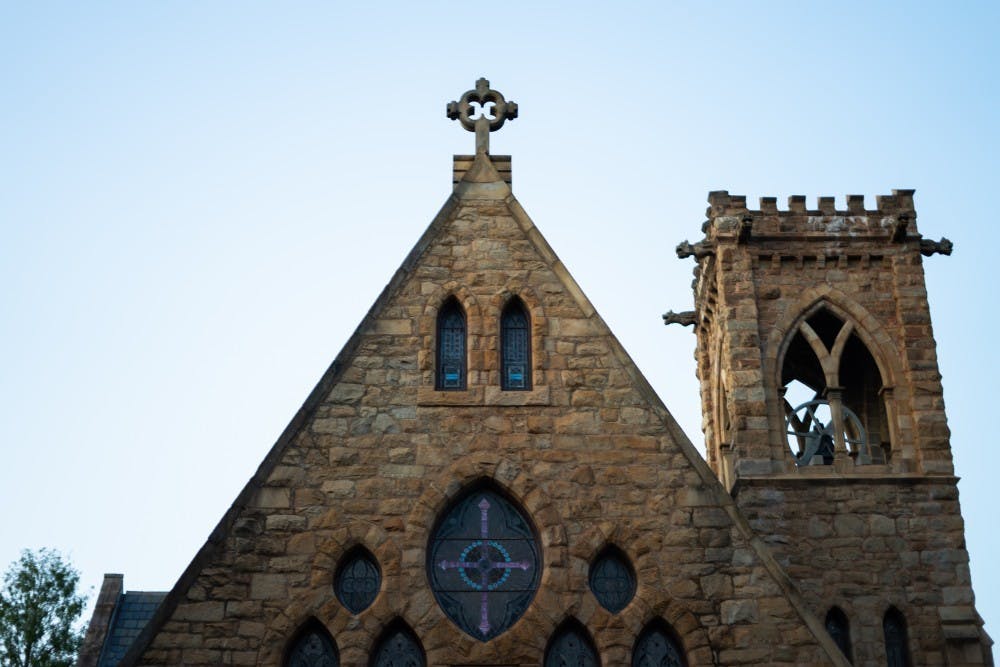As the COVID-19 pandemic has closed schools across the world, many parents are attempting to help their children learn at home for the first time. However, around three percent of families in the United States are continuing as usual, having already elected to homeschool their children. Homeschooling is an important option for many families — it gives parents flexibility to tailor curriculum around their child’s needs and interests and can offer opportunities for advanced study or a more stable learning environment for children with certain disabilities. However, just because homeschooling can be good for some children, that does not mean it should go unregulated. Without proper oversight, homeschooled children can be denied an adequate education and left unequipped for employment or higher education.
Virginia’s homeschooling regulations currently mandate that parents both show they are capable of educating their children and submit some form of evaluation proving their child is learning at an appropriate level. However, these reasonable regulations are currently rendered essentially meaningless by religious exemptions, which allow parents to forgo any and all state oversight into the education of their children after simply claiming a “bona fide” religious belief.
Under this exemption, anyone of any educational level may homeschool, as parents are no longer subject to education requirements — leaving the possibility of a parent without even a GED attempting to teach into high school. Without oversight, state officials also have no way to monitor the quality of a homeschooled child’s curriculum. Most troublingly, there is no way to reliably test for a homeschooled student’s improvement or knowledge, leading to the possibility that a child may be legally given no education at all. Thus, religious exemptions essentially operate under the principle that a parent’s religious beliefs give them full justification not just to teach their child anything, but more troublingly, teach their child nothing.
Many homeschool advocates bristle at any indication of regulation, arguing that state oversight infringes upon parental rights to determine the content of their children’s education. However, parental rights only extend so far. Children are not the property of their parents — as evidenced by widespread child abuse laws. While denial of education may not be explicitly covered in these laws, it is a harm that should be justifiably regulated against while not made an explicit crime. Further, this logic has been tested by states which have removed religious exemptions to vaccination requirements — proving that a parent’s deeply held religious convictions do not justify placing their children at certain risks for harm. Just as refusing to vaccinate your child harms them, giving them no or an inadequate education also harms them. Both actions should be regulated.
Moreover, many claim that religious exemptions protect First Amendment rights to religious expression. However, while the First Amendment guarantees the right to religious expression, it does not guarantee a right to religious tyranny. Religious freedom, like all constitutionally guaranteed freedoms, has limits. As established by Employment Division v. Smith — a Supreme Court decision regarding whether individuals using illegal drugs may be protected if the substances were consumed as part of a religious practice — religious belief is not an exemption from the law. Therefore, when it comes to child welfare, parents are not guaranteed the right to harm their children even if their religion mandates it. Just as Jehovah’s Witnesses cannot deny their children lifesaving blood transfusions, religious affiliation should not allow parents to deny their children a right to an adequate education that our Constitution of Virginia protects.
All children deserve an education, regardless of religious background. Thus, while religion is a vital part of many Americans’ lives, just because a belief is sincerely held does not mean the believer has unquestioned right to act upon it. Religious beliefs should not enable parents to make decisions that deny their children the right to learn. It is time Virginia’s legislature starts recognizing deliberately inadequate education for the child abuse that it is — and therefore work to close legal loopholes allowing it.
Homeschooling is a legitimate form of education, but just as public and private schools are subject to state scrutiny, homeschooling must be regulated to ensure similar standards. If a parent is unable to meet the basic standards currently set by the Commonwealth of Virginia, they are unqualified to educate their children. Therefore, while parents have the right to make choices for their children, they do not have the right to make choices that border on abuse. Virginia must push for religious exemptions to be abolished in homeschooling in order to ensure all students in the Commonwealth receive an adequate education.
Emma Camp is a Opinion Columnist for The Cavalier Daily. She can be reached at opinion@cavalierdaily.com.
The opinions expressed in this column are not necessarily those of The Cavalier Daily. Columns represent the views of the authors alone.







